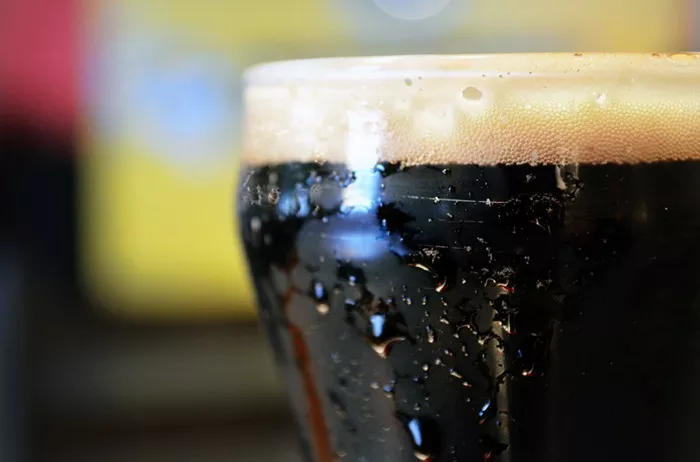Sales of home brew kits have surged by 8% at Coopers Brewery, Australia’s largest family-owned beer company, as rising living costs push drinkers to make their own beer at home. The company’s managing director, Tim Cooper, attributes the shift to higher mortgage payments, rents, and grocery prices, which have led consumers to cut back on discretionary spending, including beer.
“Beer sales have been impacted by rising costs and tax hikes, compounded by younger consumers turning to alternatives like spirits and alcoholic seltzers,” Cooper explained. This trend has contributed to a broader decline in the overall beer market, which shrank by 2.6% in the 12 months to June 30, and has seen a further acceleration of 3.5% through October.
Despite the challenges facing the industry, Coopers Brewery has bucked the trend with a 15.6% increase in profits, reaching $22.9 million for the financial year. The company has found success in two key areas: the growing demand for home brewing kits and the popularity of its new lager products. Coopers controls about 90% of the home brew market in Australia, and the company has capitalized on the technology improvements that have made home brewing more accessible and enjoyable for hobbyists.
Coopers’ home brew kits have proven particularly popular in Queensland and northern New South Wales, where the company generates around 70% of its sales. The warmer climate and a DIY culture have been cited as factors driving the demand. “Once people get the hang of it, home brewing becomes a rewarding hobby,” said Dr. Tim Cooper.
Founded in 1862, Coopers Brewery remains largely family-owned and is known for its flagship products, including Pale Ale and Sparkling Ale. The company controls around 5% of the national beer market and has maintained strong profitability, despite industry-wide challenges.
Coopers has also faced a significant financial burden due to Australia’s twice-yearly excise tax increases on beer, which are linked to inflation. In the past year, the brewery paid $152 million in excise taxes, up from $144 million in the previous year.
Internal research conducted by Coopers shows that Australians are drinking beer less frequently. The shift toward fewer weekly drinking occasions has been most pronounced since the pandemic, with financial pressures and changes to socializing habits, such as more people working from home, contributing to the decline in beer consumption.
Dr. Cooper emphasized that while Coopers has found success in navigating these challenges, the broader beer market continues to face difficult conditions, and the company remains vigilant about the evolving trends shaping consumer behavior.
You Might Be Interested In:


